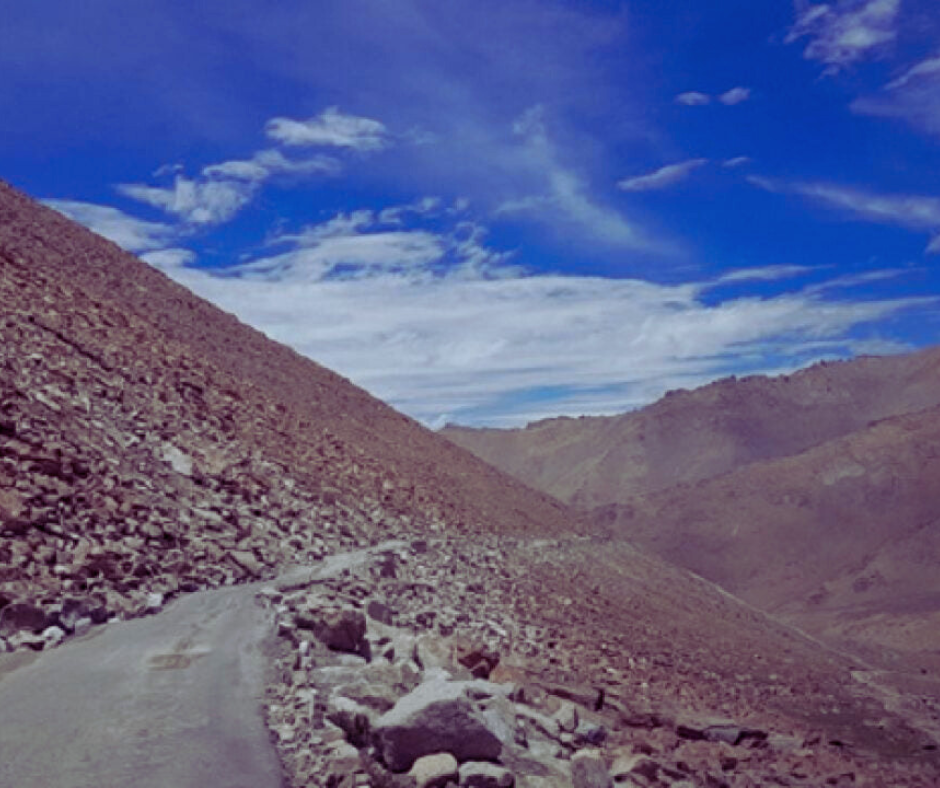As winter blankets the world, the chill in the air usually accompanies the anticipation of snowflakes gently covering the landscape. However, this year paints a different picture, with a global drought affecting regions worldwide. Amid this global phenomenon, the picturesque Kashmir Valley is experiencing an unusual twist, grappling with the absence of the much-awaited snowfall. The implications of this weather anomaly extend beyond the aesthetic, delving into the realm of public health and winter-related illnesses.
The Global Context:
Around the globe, the impacts of climate change are becoming increasingly evident. Irregular weather patterns, extreme temperatures, and unpredictable precipitation levels are challenging communities to adapt to new norms. The ongoing global drought has intensified these challenges, affecting agriculture, water resources, and overall environmental balance.
Kashmir’s Winter Woes:
In the heart of this climatic conundrum lies Kashmir, a region renowned for its breathtaking winter vistas. However, this year, the absence of snow has become a cause for concern. The picturesque landscapes, usually transformed into a winter wonderland, are now starkly devoid of the pristine white covering.
Health Implications:
While the absence of snow may seem like a mere inconvenience for winter sports enthusiasts, the implications extend far beyond disrupted plans. Winter illnesses, typically mitigated by the insulating properties of snow, are taking on a different and potentially more severe form this year.
Snow, acting as a natural insulator, provides a protective layer for flora, fauna, and even human infrastructure. Its absence leaves the region vulnerable to colder temperatures, making people susceptible to respiratory issues, frostbite, and other cold-related health concerns.
Local Perspectives:
Local communities in Kashmir are grappling with the unforeseen challenges posed by this unusual winter. Farmers, dependent on snowmelt for irrigation, face uncertainties about the upcoming planting season. Additionally, the tourism industry, a significant economic driver in the region, is grappling with the absence of the iconic snowy landscapes that attract visitors from around the world.
Environmental Concerns:
Beyond the immediate health and economic impacts, the lack of snowfall raises broader environmental concerns. Snow plays a crucial role in replenishing water sources as it melts during the warmer months, ensuring a steady supply for agriculture and domestic use. The absence of this natural reservoir poses a threat to the delicate ecological balance in the region.
Adaptation and Resilience:
As Kashmir navigates this unprecedented winter, there’s a growing emphasis on adaptive measures and resilience. Local authorities are urging communities to take proactive steps to mitigate the health risks associated with the absence of snow. Additionally, conversations around climate change and its implications are gaining momentum, fostering a collective understanding of the need for sustainable practices.
The unique winter challenges faced by Kashmir this year underscore the broader impact of climate change on regions worldwide. As communities adapt to these evolving conditions, the importance of sustainable practices and global cooperation in mitigating climate change becomes increasingly apparent. The absence of snow, once a serene winter landscape, now serves as a poignant reminder of the urgent need for climate action to preserve the beauty and balance of our natural world.




